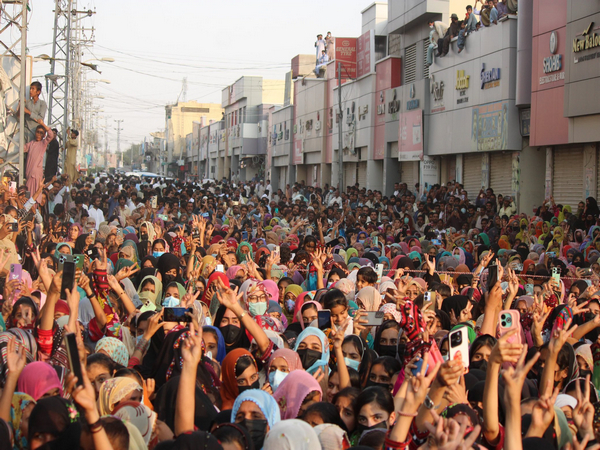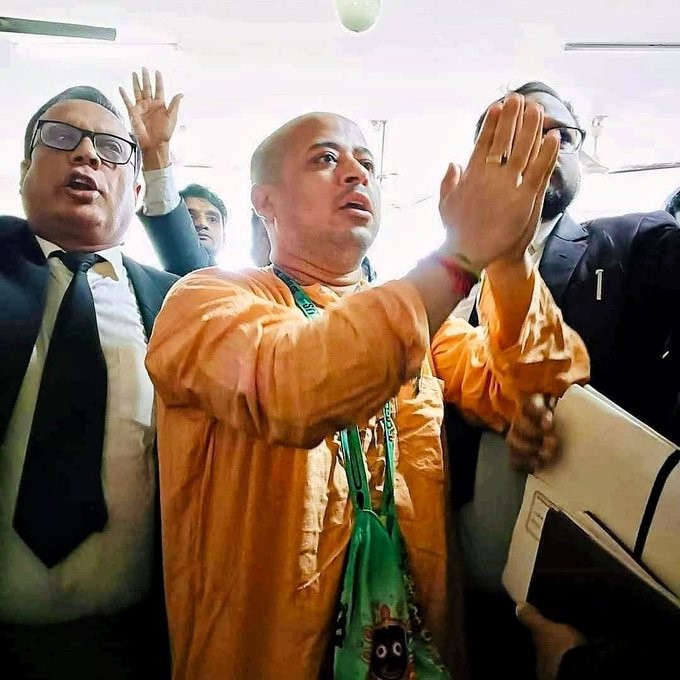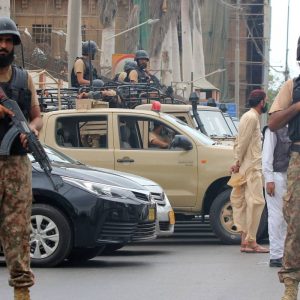The protestors blocked major highways connecting Balochistan to Sindh, Punjab, and Khyber Pakhtunkhwa with barricades and boulders….reports Asian Lite News
Balochistan witnessed a complete shutdown on Monday as protests erupted over the kidnapping of a 10-year-old boy in Quetta, exposing yet again Pakistan’s governance failures and inability to ensure basic security.
A road blockade, called by political parties, traders, and civil society, disrupted life across the province, halting schools, courts, and transportation.
According to Dawn, the boy, the son of a jeweller, was abducted on November 15 by armed men who intercepted his school van near Patel Bagh. Despite the passage of 10 days, law enforcement agencies have made no progress in recovering him, sparking public outrage. Schools and universities across the province remained closed, while even the Balochistan High Court could not function as judges were absent, disrupting hearings, including those related to the abduction.
The protestors blocked major highways connecting Balochistan to Sindh, Punjab, and Khyber Pakhtunkhwa with barricades and boulders. In Quetta, vehicles remained off the roads, and railway services, including the Quetta-Chaman passenger train, were suspended. Dawn reported that transporters ceased operations across the province in solidarity with the strike.
Opposition lawmakers in the Balochistan Assembly strongly criticised the provincial government and security forces for their failure to ensure the boy’s recovery. Nasarullah Zerey of the Pashtoonkhwa Milli Awami Party, along with other protest leaders, called for continued demonstrations until the child is safely returned.
Chief Minister Mir Sarfraz Bugti, speaking to reporters, claimed that all available resources were being used to resolve the case, but his assurances were met with scepticism. The growing unrest highlights public frustration over the worsening law and order situation in resource-rich but neglected Balochistan.
As Dawn noted, the strike paralysed life in the province, exposing the state’s inability to address mounting security issues. Despite heavy security deployments to prevent violence, the incident raises questions about Pakistan’s priorities, particularly its focus on political manoeuvring over public safety.
The protests concluded without violence, but the systemic failures in addressing such crises remain glaring. For the people of Balochistan, Islamabad’s indifference continues to deepen the divide between the province and the central government. (ANI)













